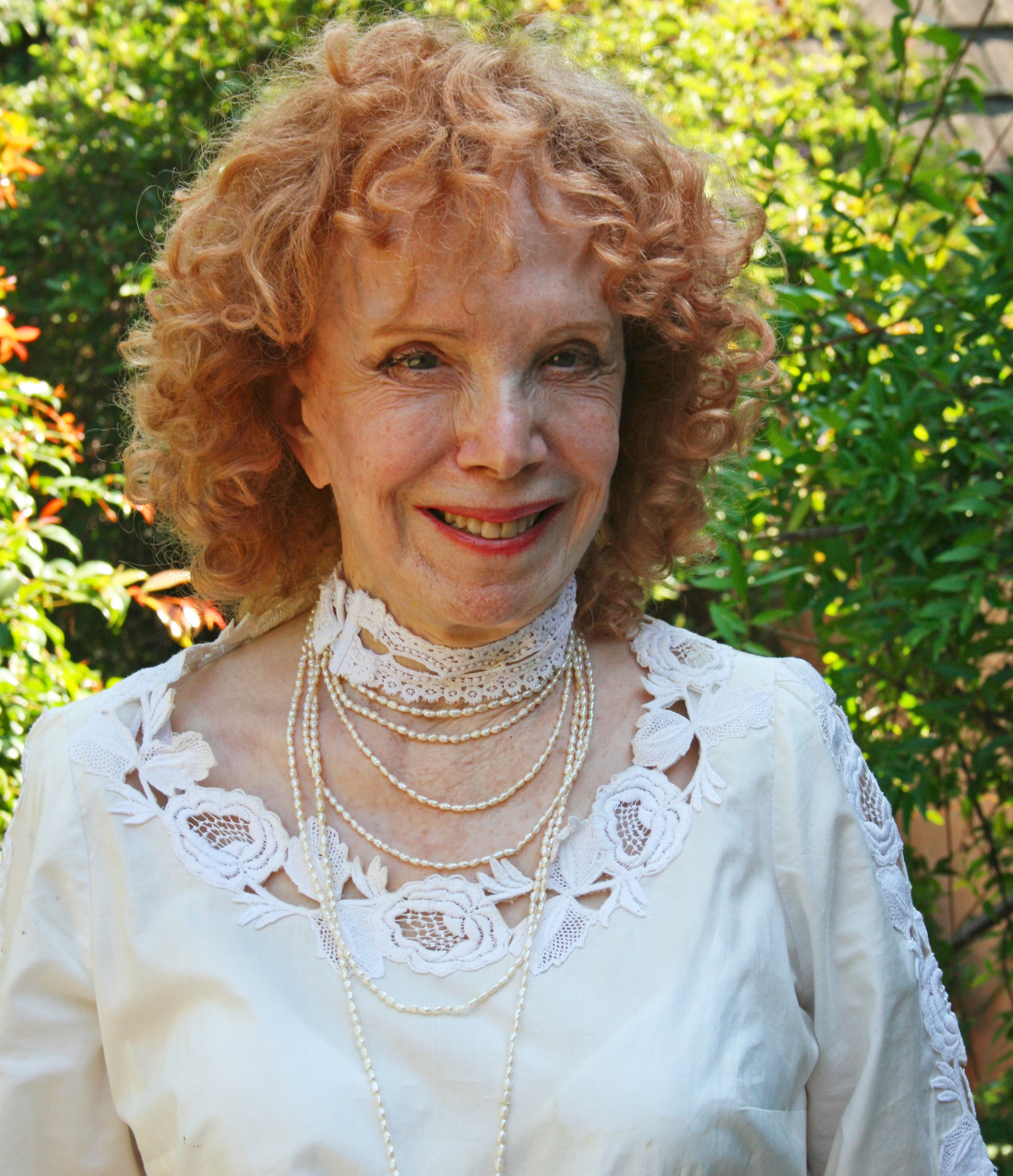Documentary pays tribute to Rosina Lhevinne

UCLA emeritus piano faculty member Salome Arkatov’s documentary, “The Legacy of Rosina Lhevinne” is screening at UCLA. This prize-winning film highlights the extraordinary life and accomplishments of the Russian Juilliard piano teacher Rosina Lhevinne and her unique style of teaching.
Tonight
8 p.m.Jan Popper Theater, Schoenberg Music Building
By Garrett Anglin
April 23, 2013 12:01 a.m.
Salome Arkatov lived with her Juilliard piano teacher, Rosina Lhevinne, before Lhevinne’s death in 1976. From that point, Arkatov knew she wanted a film to be made about her beloved teacher, but it wasn’t until 20 years later that Arkatov realized she would be the one to make it.
Now, after its completion, Arkatov’s prize-winning documentary film, “The Legacy of Rosina Lhevinne,” is screening at UCLA. Documenting the life of Lhevinne and her great success, Arkatov, an emeritus piano faculty member at UCLA, paints a portrait of the well-known pianist and famed teacher whose pupils included Van Cliburn, Misha Dichter and James Levine.
Lhevinne’s success as a teacher began after her and her husband’s immigration to the United States from Russia. Teaching at Juilliard Graduate School, which was later renamed The Julliard School, from its inception in 1924, Lhevinne set herself apart as a piano teacher because of her instruction techniques, including her hands-on involvement with her students, and her charismatic personality, Arkatov said.
Lhevinne was not only a great teacher because of her methods, but also because of the immense kindness she had for her students, Arkatov said, which was unusual at a time when a disciplinarian approach was the typical mode of instruction.
“Her (approach) was so much more than teaching, it was great humanity. She took a personal interest in her students and their complete lives,” Arkatov said. “Her approach was through love. She would always say, ‘Listen with a kind ear.’”
Arkatov’s close relationship with Lhevinne stemmed from living with Lhevinne after the death of her husband, Josef Lhevinne. During this time, Lhevinne went through a great depression as a result of the loss.
“The depression triggered by the death of her husband really showed how much she had to overcome,” Arkatov said. “She had been with him since she was such a young girl. She didn’t feel she could do anything on her own.”
But the loss of her husband was far from conclusive for Lhevinne’s piano career, which only began to flourish well into her 70s, Arkatov said.At the age of 82, Lhevinne was asked by Leonard Bernstein, a well-known conductor, to play for the New York Philharmonic, to great critical acclaim .
Lhevinne’s ability to succeed as a solo pianist while overcoming her own depression very much influenced Arkatov’s own career, Arkatov said.
“Everything about her changed my life,” Arkatov said. “I would have been a different teacher and a different person had I not known her. She brought the tradition of the past but she was very human.”
Lhevinne’s influence on Arkatov extended past her days at Juillard, Arkatov said. In 1964, Lhevinne taught a master class at UCLA, for which Lhevinne brought a few students from Juilliard. It was here that much of the footage for Arkatov’s documentary was shot.
“(The master class) really opened the eyes of people to the physicality of her teaching method, instead of asking you to lift your wrist, she would lift your wrist for you,” Arkatov said. “It goes way beyond the teaching of piano, it shows the involvement of a teacher.”
Gary Gray, a clarinet professor at UCLA who will introduce Arkatov’s film at the screening, said Arkatov’s love and profound respect for Lhevinne carried over into much of her own teaching method.
“(Arkatov’s) studies with Lhevinne really shaped her career,” Gray said. “She, (much like Lhevinne), took extra time for her students and she always came to the concerts that other faculty members played.”
But Arkatov said she sought to honor Lhevinne long after her career at UCLA ended. Antoinette Perry, a professor of piano at USC, said Arkatov’s affection for Lhevinne shines through in the film.
“The documentary is really the most loving portrait I’ve ever seen of anybody,” Perry said. “They were so close. This was something that she felt she should do for the world.”
The combination of Lhevinne’s teaching methods, her humility and the remarkable story of her life and progression as a pianist are inspirational to any audience, Arkatov said.
“While living with her, she would tell me the stories of her life. After a while, though, I thought these stories were just being wasted on me,” Arkatov said. “I wanted the world to see what I saw. People are so complex and I think this film really captures the complexity of this woman.”


